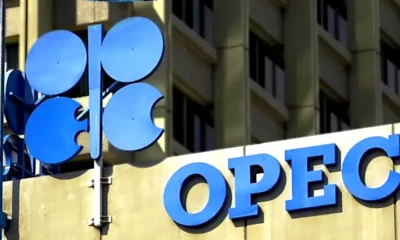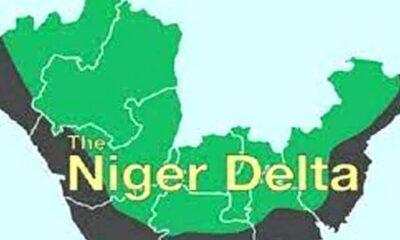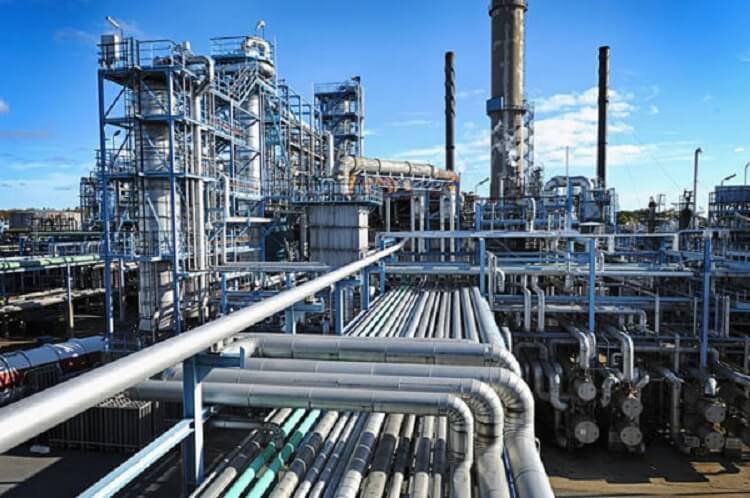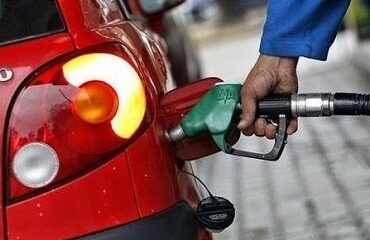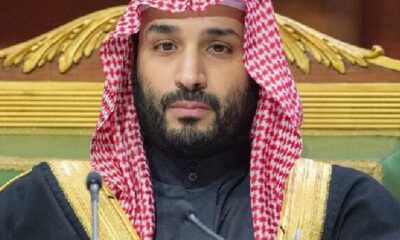Business
Oil Price Rises To $92.79 On Output Cut, May Hit $107
Published
8 months agoon
By
Editor
The price of Nigeria’s Bonny Light, weekend, rose to $92.79 per barrel, from $90.88 per barrel, recorded last Tuesday as the impact of extended output cuts hit the market.
Russia extended its voluntary crude oil export cut by 300,000 barrels daily until December 2023, while Saudi Arabia extended its 1 million daily supply cut into October 2023 to boost price stability.
The price, which is the highest in 2023, showed an excess of $17.79 per barrel against the 2023 budget benchmark price of $75.
Meanwhile, Goldman Sachs Commodities Research, Saturday, predicted that oil supply cuts could lead to oil prices hitting $107 a barrel in 2024.
READ ALSO: DSS Reportedly Arrests CBN Deputy Gov Over Alleged Fraud
In an interview with Vanguard, an sector analyst, Prof. Omowumi Iledare, said Nigerians and others should expect prices to rise further, especially as oil inventories have reduced drastically in the United States.
Iledare who is the Executive Director of Emmanuel Egbogah Foundation, stated: “Certainly, rising crude price is expected even though it may not be exactly $100 per barrel in the short run for some reasons. First, it will continue to rise because demand is growing.
“Second, supply is declining because of geopolitics and inventory becoming low in the US. Interestingly too, reserves replacement is low, thus placing future supply at risk. Price, therefore will continue to inch up.”
Similarly, in another interview with Vanguard, the lead promoter, EnergyHub Nigeria, Prof. Felix Amieyeofori, said: “It is very possible that oil prices will cross the $100 per barrel level. First, the renewable sector is attracting more investment than oil globally. Some economies, including Saudi Arabia, have keyed into the global quest for a cleaner environment. Second, low investment, low production and export would continue to impact on the market in terms of price. Except, if something happens, we will likely witness a significant increase in price.”
READ ALSO: Woman Burnt As Fire Guts Lagos Building
He also pointed out that consumers would have to pay more for petrol as refiners; currently paying more for crude oil stands to transfer the cost in the form of high fuel prices.
Already, OPEC has identified Nigeria, as the least refining member with an average equivalent of 10,600 barrels per day, bpd in five years.
In its Annual Statistical Bulletin 2023, obtained by Vanguard, OPEC disclosed that the nation refined an equivalent of 33,000 bpd, 8,000 bpd, 1,000 bpd, 5,000 bpd and 6,000 bpd in 2018, 2019, 2020, 2021 and 2022, respectively.
On the other hand, Saudi Arabia emerged as the highest refining OPEC member with an average equivalent of 2.6 million barrels per day, mb/d, during the period.
Specifically, Saudi Arabia refined 2.8 mb/d, 2.6 mb/d, 2.3 mb/d, 2.5 mb/d and 2.9 mb/d in 2018, 2019, 2020, 2021 and 2022, respectively.
Checks by Financial Vanguard indicated that major and independent marketers have abandoned fuel importation, due mainly to market uncertainties.
But the lifting of fuel was ongoing at both Ijegun and Satellite Town depots in Lagos, even though many filling stations remained shut against motorists and other users of the product.
You may like


Nigeria’s Oil Production Drops Again, Now 1.23mbpd – OPEC


Why Nigeria’s Oil Belongs To The North – Ex-presidential Aide


Oil Production Rises 26.57m Bpd In February — OPEC


[UPDATED] Tantita, Security Operatives Parade Vessel, Crew Members Arrested For Oil Theft


JUST IN: Again, Tantita Apprehends Another Vessel For Oil Theft


Nigeria Ranks 22nd Country With Cheapest Petrol – Report [FULL LIST]

The Central Bank of Nigeria (CBN) started fresh and direct sales of US dollars at N1,021 per dollar to Bureau De Change operators.
Nigeria’s apex bank disclosed this in a circular signed by its Director of Trade and Exchange Department Hassan Mahmud.
“We write to inform you of the sale of $10,000 by the Central Bank of Nigeria (CBN) to BDCs at the rate of N1,021/$1. The BDCs are in turn to sell to eligible end users at a spread of NOT MORE THAN 1.5 percent above the purchase price,” the circular posted on its website read.
READ ALSO: Tinubu Unveils African Counter-Terrorism Summit
“ALL eligible BDCs are therefore directed to commence payment of the Naira deposit to the underlisted CBN Naira Deposit Account Numbers from today, Monday, April 22, 2024, and submit confirmation of payment, with other necessary documentations, for disbursement of FX at the respective CBN Branches.”
CBN’s move is coming as the naira is recording a slight depreciation against the dollar after weeks of gains.
In late March, the bank also sold $10,000 to each of the eligible Bureau De Change (BDC) operators in the country at the rate of N1,251/$1.
READ ALSO: Mixed Reactions Trail Video Of Couple’s Customised N200 Notes
Like in the most recent sales, it warned BDCs against breaching terms of the dollar sales, vowing to sanction defaulters “including outright suspension from further participation in the sale”.
The fortunes of the naira have fallen sharply since President Bola Tinubu took over in May. Inflation figures have reached new highs and the cost of living hitting the rooftops.
Nigeria’s currency slid to about N1,900/$ some months ago at the parallel market. But in recent weeks, it has gained against the dollar.
The Nigerian authorities have also doubled down on their crackdown against cryptocurrency platform Binance and illegal BDCs.
On March 1, the CBN revoked the licences of 4,173 BDCs over compliance failures.
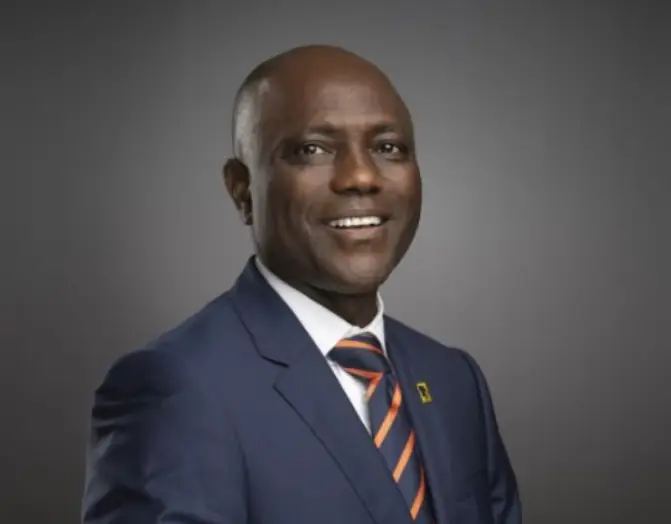
Olusegun Alebiosu has been appointed as the Acting Managing Director/Chief Executive Officer of First Bank of Nigeria Limited (FirstBank Group), effective April 2024.
Alebiosu steps into this pivotal role from his previous position as the Executive Director, Chief Risk Officer, and Executive Compliance Officer, a position he held since January 2022.
Alebiosu brings to the helm of FirstBank over 28 years of extensive experience in the banking and financial services industry. His expertise spans various domains including credit risk management, financial planning and control, corporate and commercial banking, agriculture financing, oil and gas, transportation, and project financing.
READ ALSO: JUST IN: Access Holdings Names New Acting CEO
Having embarked on his professional journey in 1991 with Oceanic Bank Plc. (now EcoBank Plc.), Alebiosu has held several notable positions in esteemed financial institutions.
Prior to joining FirstBank in 2016, he served as Chief Risk Officer at Coronation Merchant Bank Limited, Chief Credit Risk Officer at the African Development Bank Group, and Group Head of Credit Policy & Deputy Chief Credit Risk Officer at United Bank for Africa Plc.
Alebiosu’s academic credentials further enrich his professional profile. He is an alumnus of the Harvard School of Government and holds a Bachelor’s degree in Industrial Relations and Personnel Management. Additionally, he obtained a Master’s degree in International Law and Diplomacy from the University of Lagos, as well as a Master’s degree in Development Studies from the London School of Economics and Political Science.
READ ALSO: Meet Newly Appointed Union Bank CEO
A distinguished member of various professional bodies, including the Institute of Chartered Accountants (FCA), Nigeria Institute of Management (ANIM), and Chartered Institute of Bankers of Nigeria (CIBN), Alebiosu is renowned for his commitment to excellence and ethical practices in the banking sector.
Beyond his professional endeavors, Alebiosu is known for his passion for golf and adventure. He is happily married and a proud parent.
With Alebiosu’s appointment, FirstBank of Nigeria Limited anticipates continued growth and innovation under his leadership, reinforcing its position as a leading financial institution in Nigeria and beyond.
Business
CBN Gives New Directive On Lending In Real Estate
Published
2 weeks agoon
April 17, 2024By
Editor
The Central Bank of Nigeria, CBN, has released a new regulatory directive to enhance lending to the real sector of the Nigerian economy.
The directive, issued on April 17, 2024, with reference number BSD/DIR/PUB/LAB/017/005 and signed by the Acting Director of Banking Supervision, Adetona Adedeji, signifies a notable shift in the bank’s policy towards a more contractionary approach.
In line with the new measures, the CBN has reduced the loan-to-deposit ratio by 15 percentage points, down to 50 per cent.
This move aligns with the CBN’s current monetary tightening policies and reflects the increase in the Cash Reserve ratio rate for banks.
READ ALSO: JUST IN: CBN Gov Sacks Eight Directors, 32 Others
The LDR is a metric used to evaluate a bank’s liquidity by comparing its total loans to its total deposits over the same period, expressed as a percentage.
An excessively high ratio may indicate insufficient liquidity to meet unexpected fund requirements.
All Deposit Money Banks are now mandated to adhere to this revised LDR.
The CBN has stated that average daily figures will be utilised to gauge compliance with this directive.
Furthermore, while DMBs are encouraged to maintain robust risk management practices in their lending activities, the CBN has committed to continuous monitoring of adherence and will adjust the LDR as necessary based on market developments.
READ ALSO: JUST IN: CBN Increases Interest Rate To 24.75%
Adedeji has called on all banks to acknowledge these modifications and adjust their operations accordingly. He emphasised that this regulatory adjustment is anticipated to significantly influence the banking sector and the wider Nigerian economy.
The circular read in part, “Following a shift in the Bank’s policy stance towards a more contractionary approach, it is crucial to revise the loan-to-deposit ratio policy to conform with the CBN’s ongoing monetary tightening.
“Consequently, the CBN has decided to decrease the LDR by 15 percentage points to 50 per cent, proportionate to the rise in the CRR rate for banks.
“All DMBs must maintain this level, and it is advised that average daily figures will still be applied for compliance assessment.
“While DMBs are urged to sustain strong risk management practices concerning their lending operations, the CBN will persist in monitoring compliance, reviewing market developments, and making necessary adjustments to the LDR. Please be guided accordingly.”

Edo Police Arrest Suspected Cultists Who Allegedly Killed Rival In His Daughter’s Presence

Tragedy In Ekiti As Man Stabs Wife To Death Over Infidelity
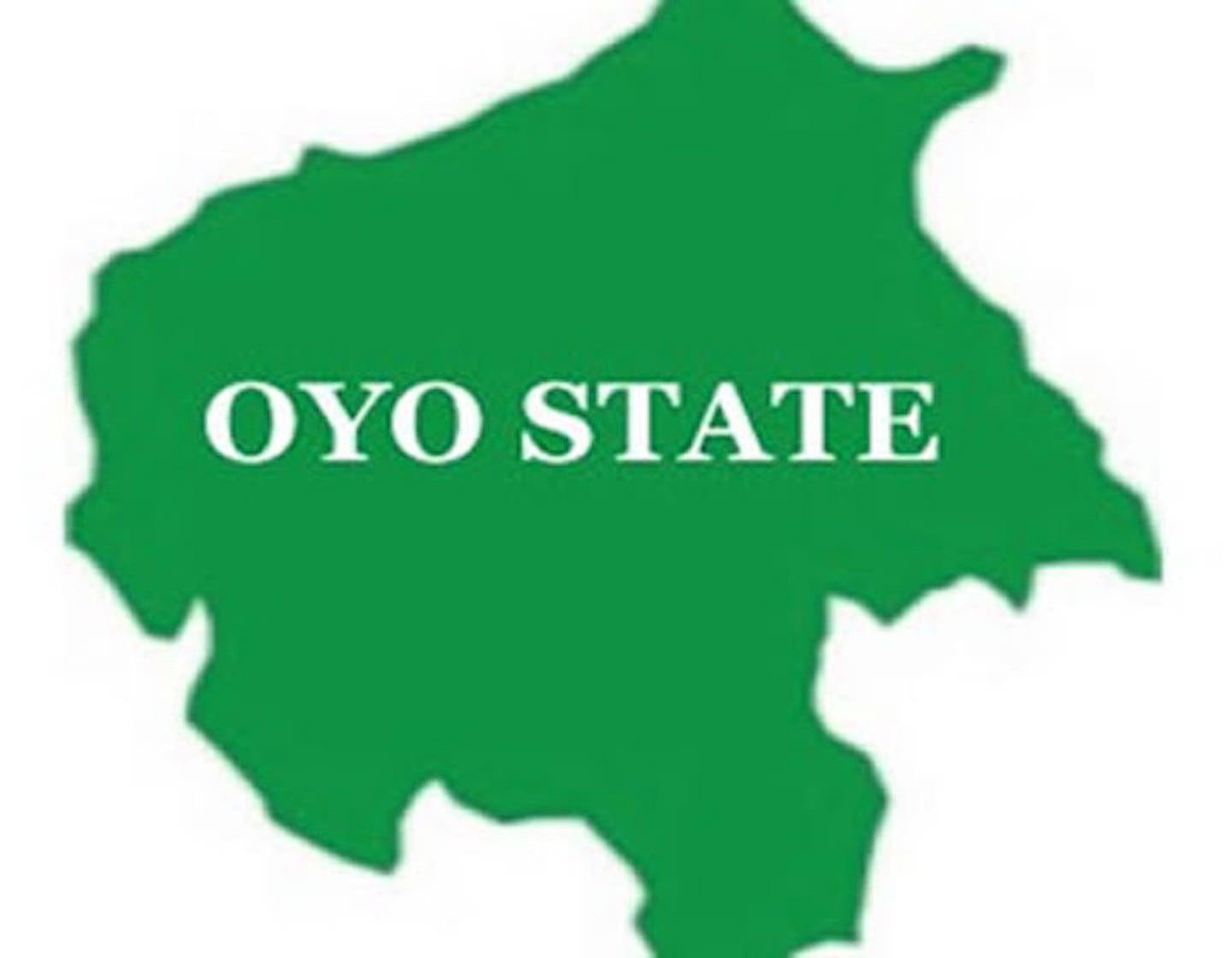
JUST-IN: PDP Clears All 33 LGA Chairmanship Seats In Oyo
Trending

 News4 days ago
News4 days agoDrama! Supporters Of Yahaya Bello Perform Rituals to Prevent His Arrest By EFCC [Video]

 Headline5 days ago
Headline5 days agoDrama As Women Fight Dirty, Breasts Fall Out During Spring Break Outing In US [PHOTOS/VIDEO]

 Entertainment4 days ago
Entertainment4 days agoNollywood Actor, Zulu Adigwe Is Dead

 Headline5 days ago
Headline5 days agoMeet 17-year-old Nigerian Who Won $3.5m Worth Of Scholarships From Harvard, 13 Other Foreign Universities

 News4 days ago
News4 days agoVIDEO: Force PRO Orders Arrest Officers Caught On Video Bashing Driver’s Car

 Metro4 days ago
Metro4 days agoEdo Cultists Kill Rival In Daughter’s Presence, Abandon Getaway Car

 News3 days ago
News3 days agoEdo: FRSC Threatens Sanction On Truck Drivers Loading Goods, Passengers Together

 Headline3 days ago
Headline3 days agoVIDEO: Meet Nigerian Pastor Who Predicted World Will End April 25

 Headline3 days ago
Headline3 days agoSaudi Arabia Opens First Alcohol Store, Nigerian Muslims React

 Headline5 days ago
Headline5 days agoVideo Of Girl Being Bullied, Slapped At Lead British School Sparks Outrage Online [PHOTOS/VIDEO]
